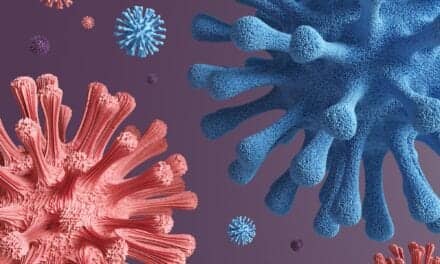Influenza season is winding down and confirmed flu cases are seeing a continuous decline as the COVID-19 pandemic takes center stage.
Laboratory confirmed flu activity is now low, but cases of influenza-like activity are still above the baseline for this time in the season, according to the US Centers for Disease Control and Prevention’s weekly FluView report for week 15.
The CDC’s weekly report tracks cases of influenza-like illness activity, confirmed cases of flu, and data related to mortalities and geographic prevalence. For the last few weeks the report has shown a drop in laboratory confirmed flu cases, but overall reported influenza-like illnesses remain elevated for this time of year, which could be due to the spread of COVID-19.
While visits to healthcare providers for flu-like symptoms declined to 2.9% from 3.9% the following week, at least half of all US states remain above the typical baseline for healthcare seeking behavior, the report shows.
“The COVID-19 pandemic is affecting healthcare seeking behavior. The number of persons and their reasons for seeking care in the outpatient and ED settings is changing,” says the latest report.
“These changes impact data from the [illness Surveillance Network] ILINet in ways that are difficult to differentiate from changes in illness levels, therefore ILINet data should be interpreted with caution.”
Mortality surveillance data showed that 11.9% of the deaths during the week ending April 11 (week 15) were due to pneumonia and influenza. This percentage is above the epidemic threshold of 7.0% for this time in the season.
So far, a total of 19,845 laboratory-confirmed influenza-associated hospitalizations have been reported.
Nationwide during week 15, 2.9% of patient visits reported were due to influenza-like illness. This percentage is above the national baseline of 2.4%.
As most of the country experiences a decline in flu-like illness, rates in New York City and New Jersey remain very high. Other northeastern states are continuing to see high rates of illness as well, including Massachusetts and Connecticut.










